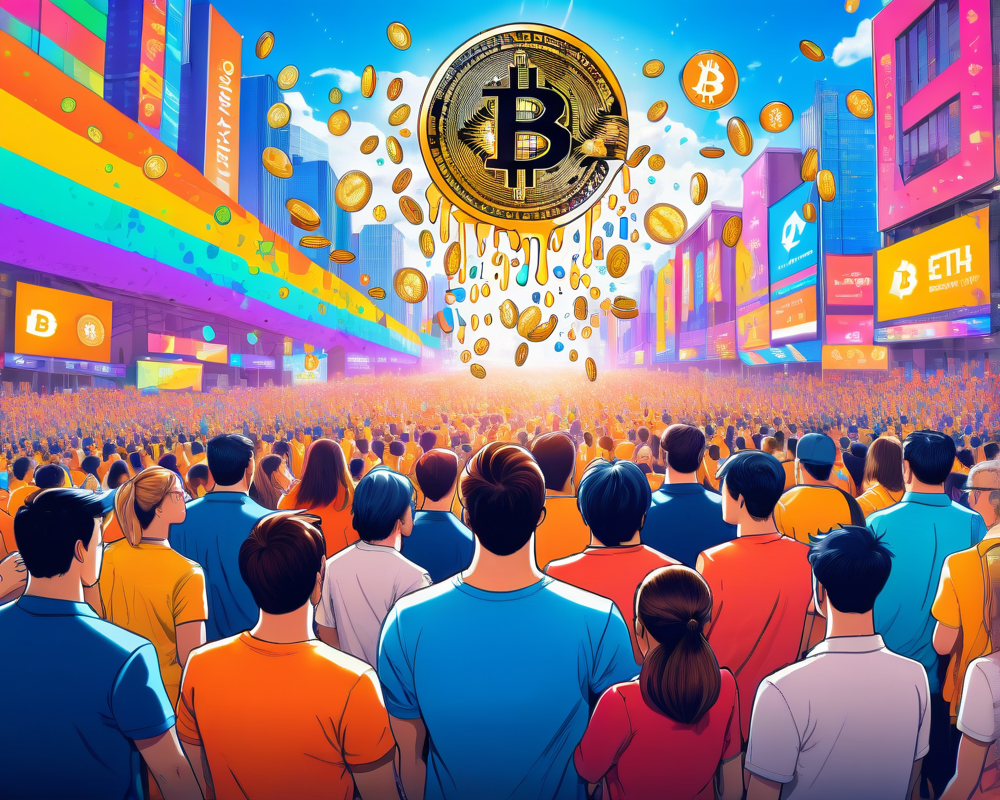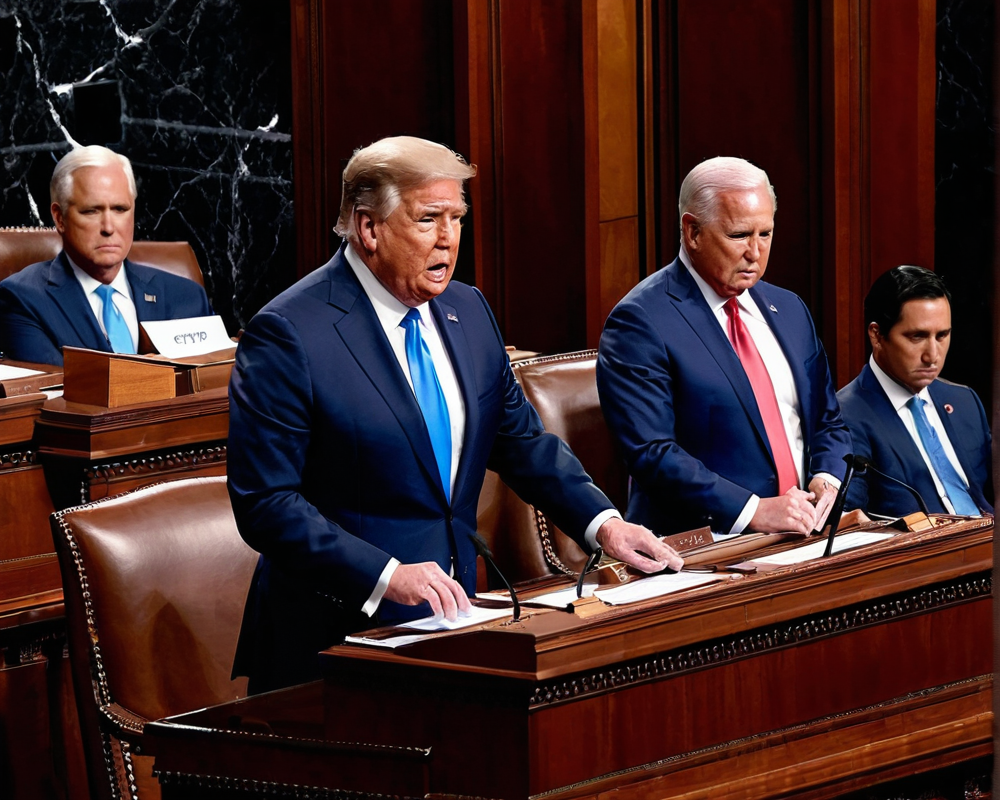Decentralization: The Heart of Bitcoin
Decentralization is often touted as the foundation upon which Bitcoin was built. Unlike traditional banking systems governed by a single authority, Bitcoin aims to distribute power amongst its users. This approach ensures that no individual or organization can unilaterally control the network. But what does decentralization truly mean, and why did Microsoft’s Daniel Buchner cast doubt on Bitmain’s understanding of it?
Daniel Buchner’s Twitter Breakdown
Daniel Buchner, Microsoft’s head of decentralized identity, took to Twitter to dissect a blog post from Bitmain that he felt missed the mark on decentralization. In an engaging thread, Buchner highlighted how Bitmain’s arguments reflected a misunderstanding of this core principle. He humorously concluded that they “have 0 clue” about the nuances involved.
What Did Bitmain Actually Say?
According to Buchner, Bitmain’s assertions revolved around the number of users engaging with Bitcoin as a saving currency and payment network. By emphasizing user numbers, Bitmain seemed to ignore that just because many people use a service doesn’t inherently make it decentralized. Buchner compared this to popular services like PayPal, stating:
“Hundreds of thousands of people, apps, and services use PayPal – this doesn’t mean PayPal is a decentralized payment network.”
The Analogy That Hits Home
Buchner’s analogy serves to clarify a confusing landscape. Think of it this way: using a credit card is incredibly convenient, yet it ties you to a centralized financial entity. The real magic of Bitcoin lies in its ability to separate user power from a central authority. By suggesting that the number of users alone can define decentralization, Bitmain glosses over the essence of a decentralized paradigm.
The Support for User Activated Soft Fork (UASF)
Buchner’s critique isn’t just about Bitmain; it reflects a broader advocacy for UASF. This approach underscores the belief that users—not miners or corporations—should dictate the rules of the network. Several commentators and businesses, such as Bitsquare, rallied behind Buchner, emphasizing the potential damage to Bitcoin’s infrastructure if Bitmain’s views prevailed.
Conclusion: Getting Decentralization Right
The ongoing discourse around Bitcoin’s governance and the fundamental principles of decentralization is crucial. As debates continue, the community needs to insist on deeper understanding from key players like Bitmain. After all, if those in power don’t truly grasp the concept, how can Bitcoin remain the radical project it set out to be?



